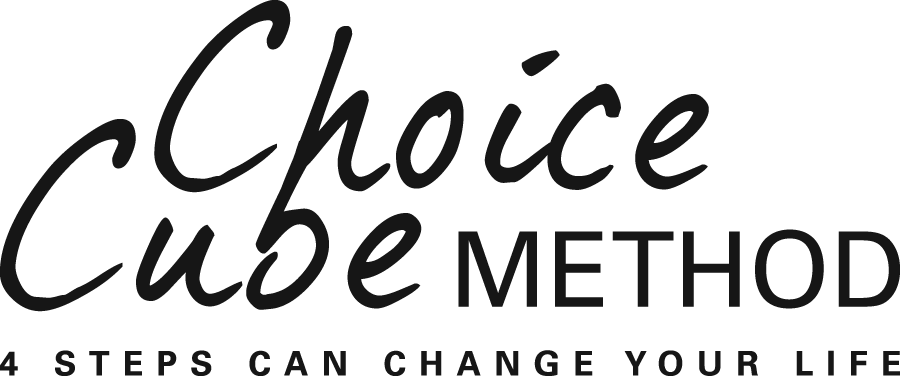Failure by Self-Sabotage
/Dan lay flat on his back in the bed. The hotel room felt stuffy and hot, and he felt sick to his stomach. “How could I ever have done such a stupid thing? What was I thinking? he asked himself. His short blond hair was flattened with sweat, but he just lay there and he kept asking himself “Why am I’m such a loser?”
Have you ever found that you failed because you did nothing at all or you did the opposite of what you needed to do? That’s what Dan did. Even with an IQ of 145 and genuine writing talent, his lack of discipline and fear of failure had once again caused him to sabotage himself! Self-sabotage is when you act in opposition to what you are trying to accomplish.
There are lots of ways to sabotage ourselves. Dan’s problem was procrastination. Putting things off had caused him to lose more that one terrific opportunity, but this one was the worst. He had a great idea for a play, and some big spenders from Broadway were interested in backing him. But he couldn’t make himself complete the script. This evening, they met with him and made it clear that they were no longer interested in trying to work with him. That was the end of it! Once more he had dropped the ball. Unable to finish the script, the great ideas and smart dialogue had just rolled around in head until he dropped them.
What about you? Perhaps you have started a project: writing a book, launching a new business, buying some investment property but then you became overwhelmed and piddled along until you let it drop. Or maybe you went gangbusters for a while--until you had a set back--then you quit. You freaked out or froze. You stopped dead in your tracks and never started again.
Why do people fail this way? What keeps us from becoming the people we were meant to be and from getting where we want to go?
Maybe we have tremendous talent and ability, but still seem to have trouble succeeding. The reason? Call it what you will: procrastination, letting the ball drop, losing our vision, losing our focus, fear of failure or fear of success, they all lead to self-sabotage and all have one thing in common.
Old wiring of neurons in our brain causes our subconscious mind to override our conscious desire and drive for success. We go on auto-pilot and do two things that past experiences have programmed into our subconscious. First, we may fail to focus and discipline ourselves: We rather play than work. Second, we may struggle with fear. This fear is often hidden, but it can cause us to do the opposite of what we need to do to succeed.
The good news is that our brain is not fixed like our shoe size. Because of the brain’s plasticity it’s never too late to change. Also, some failure is a necessary step for success. It's often through failure that we learn from our mistakes. Of course, failure is not our focus, but failure is where we can learn and make changes. With proper guidance and training, our brain can rewire itself and take on new patterns of success.
Why not start now to do something different and rewire your brain! My book, Become the Person You Were Meant to Be–The Choice-Cube© Method, http://amzn.to/ZGnDK can help you understand yourself This book shows how to use the practical tools and take the 4 steps of the Choice-Cube Method to manage your emotions and change your life.





